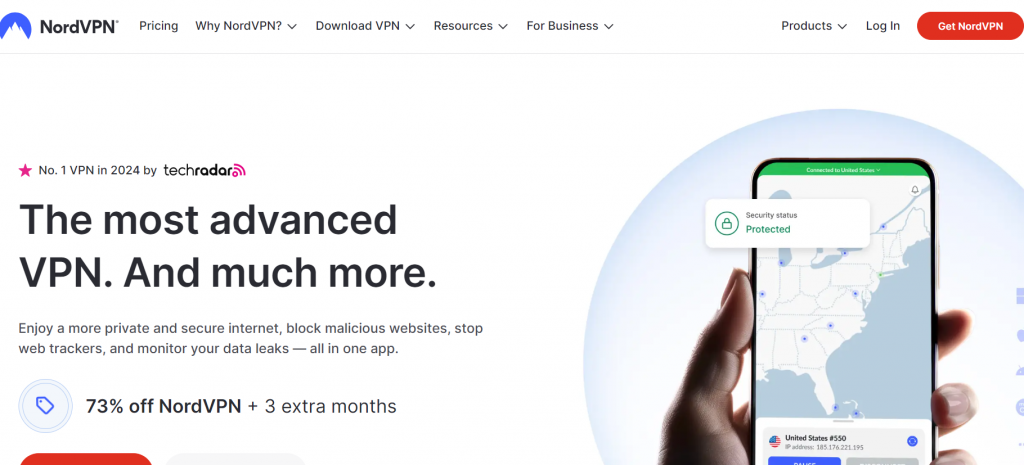
Introduction to Virtual Private Networks
In today’s digital age, protecting your online privacy has become more important than ever. With cyber threats lurking around every corner and data breaches making headlines, staying secure online is a top priority for many users. But how can you safeguard your personal information while browsing the web? Enter the Virtual Private Network, or VPN—a tool designed to keep your internet activities private and secure.
Whether you’re streaming content, accessing public Wi-Fi networks, or simply trying to maintain some anonymity while surfing the internet, a VPN can offer peace of mind. It creates a secure tunnel between your device and the websites you visit, shielding your data from prying eyes. Curious about how it works and what benefits it offers? Let’s dive deeper into the world of VPNs and discover why they might be just what you need in today’s connected landscape.
How Does a VPN Work?
A VPN, or Virtual Private Network, creates a secure tunnel between your device and the internet. It encrypts your data, making it unreadable to anyone who might intercept it. When you connect to a VPN server, your online traffic is routed through this server. This masks your IP address with that of the server, adding an extra layer of anonymity. The encryption protocols used by VPNs vary but commonly include OpenVPN and IKEv2. These technologies ensure that even if someone captures your data packets, they won’t be able to decipher them easily.
Additionally, a VPN can help bypass geo-restrictions. By connecting to servers in different countries, you can access content that may be blocked in your region. This combination of security and flexibility makes using a VPN increasingly popular among users seeking privacy online. A VPN, or Virtual Private Network, operates by creating a secure tunnel between your device and the internet. When you connect to a VPN server, it encrypts your online traffic. This means that any data sent or received is scrambled and unreadable to anyone who might intercept it.
Your internet activity is routed through this secure server. So instead of connecting directly to websites or services, you’re connecting via the VPN provider’s server. This masks your IP address with one from the VPN service, making your online actions harder to trace back to you. The encryption protocols used vary depending on the service but generally include strong methods like AES (Advanced Encryption Standard). These protocols ensure that even if someone were able to access your data, they wouldn’t be able to decipher it easily.
Benefits of Using a VPN

Using a VPN opens up a world of online privacy. It masks your IP address, making it difficult for anyone to track your browsing habits. This layer of anonymity is essential in today’s digital age.
Security is another compelling reason to use a VPN. Public Wi-Fi networks can be risky; hackers often lurk on these connections. A VPN encrypts your data, safeguarding sensitive information like passwords and credit card numbers.
Accessing geo-restricted content becomes easier with a VPN. You can bypass regional blocks on streaming services or websites by connecting to servers in different countries. Enjoy shows and movies that might not be available in your region.
Additionally, using a VPN helps you evade censorship imposed by certain governments or organizations. With the right service, you can freely access information without restrictions.
These benefits make investing in a quality VPN an appealing choice for internet users seeking more control over their online experience.
Choosing the Right VPN for Your Needs
Choosing the right VPN can feel overwhelming with so many options available. Start by identifying your primary needs. Are you focused on streaming, gaming, or simply enhancing privacy?
Look for key features that align with your goals. Speed matters if you’re streaming movies or playing online games. A provider with a large server network can help reduce lag and buffer time.
Consider security protocols too. Look for strong encryption methods to protect your data from prying eyes. This is essential, especially when connecting through public Wi-Fi.
User-friendliness shouldn’t be overlooked either. An intuitive interface makes it easier to connect quickly without technical hassles.
Don’t forget about compatibility—ensure the VPN works seamlessly across all devices you plan to use; this includes smartphones, tablets, and desktops.
Check reviews and trial options before committing to any service; this way you’ll know what others have experienced firsthand.
Our Recommendation: NordVPN Website

When it comes to choosing a VPN, we highly recommend NordVPN. This service stands out for its robust security features and user-friendly interface. With military-grade encryption, your data remains safe from prying eyes.
NordVPN also boasts an extensive server network across the globe, allowing you to connect from various locations with ease. Whether you’re streaming content or browsing securely on public Wi-Fi, NordVPN has got you covered.
Besides security, speed is crucial when using a VPN. NordVPN excels in maintaining fast connection speeds without compromising your online experience. Plus, their no-logs policy ensures that your online activities are not tracked or stored.
The customer support offered by NordVPN is another highlight. They’re available 24/7 to assist with any questions or issues you might encounter—making the entire experience seamless.
For those looking for reliable performance and top-notch privacy protection, visiting the NordVPN website could be a great first step toward securing your online presence today!






